Today we are talking with Olympian Jan Ebeling, one of the best Grand Prix champion Riders, dressage trainers, and coach in the world.
-Please tell us how it all began and why does your adventure with horses lasts until today?
I was about 6 years old when my parents noticed that I kept visiting some horses that lived in a field just a short walk away from our house. We talked about taking riding lessons and I was signed up at the local yard. Soon I would spend almost every day at the barn. I loved being around the horses and enjoyed the fact that there were many kids of all ages as well. I discovered my passion early in life not realizing where it would take me one day.
-Did you know as a young boy that horses will be not only your passion and hobby but also your professional career?
After a few years of riding rental school horses, I finally managed to convince my folks to buy me a horse. I soon began competing in local shows and did reasonably well. By now I definitely had the bug. I started doing all sorts of jobs around the barn like feeding, cleaning stalls and grooming horses to help finance the hobby. By the time I was a teenager it was clear to me that riding would be my career. My parents were horrified and I remember my girlfriend’s mom explaining to me that riding couldn’t possibly be my career choice since the riding wasn’t a real job.
-You began your journey in Germany, how did It happen that a boy from Europe ended up representing the USA in the Olympics in 2012?
After finishing high school I was lucky to land a position as an apprentice with the top Dressage Trainer at the time the late Herbert Rehbein. Riding under his guidance was an amazing experience but also being in an environment where Olympians from all around the world would train with him on a daily basis has certainly had a great impact on my life. I became good friends with some American riders who eventually invited me to visit the USA. I fell in love with the country and took the necessary steps to live there. Eventually, I met my wife Amy who has been my greatest supporter and together we started a horse business outside of Los Angeles. In 1998 I became an American citizen.
Over the years of training many students, I had met some wonderful people among them Ann Romney and Beth Meyer who were interested in promoting my international career. Together with my wife, they invested in the mare Rafalca who would take me to the 2012 Olympics in London.
-The media couldn’t stop talking about Rafalka, your horse – what makes her so special for you?
What made Rafalca so special was the fact that she loved to perform. She was very smart and learned the Grand Prix relatively fast. When she entered the show arena I could feel how she would want to show off and gave it her very best every time. In fact, she gave her best every day in her work. She took me to places I didn’t think were possible to get to.
-What is the best age for a horse to retire from the sport?
Typically Dressage horses start going under saddle by age 3. If managed correctly with proper training a 10-year-old horse can compete at the Grand Prix level. However, not too many horses have the physical and mental ability to get to that level.
Retiring from competition should happen in my opinion when you’re on the top of your game. Not always easy to see that point in time after putting so much work into getting there! We retired Rafalca when she was 17. She was healthy and going strong but we also knew that the trials for the world championships would involve a lot of travel to competitions in Europe. We had already competed in numerous World Cups, several Nations Cups like Aachen as well as the Olympics. It was time. Not an easy thing to say I’m done but I know it was the right thing to do.
She lives in a field behind our house now and gets to be a mom. She has given us a wonderful filly Rafaela and is currently pregnant again.
-We know that you had a lot of success, but could you tell us in more details where the most important events in dressage take place?
The top Team competitions are the Olympic Games and World Championships which take place only every 4 years in a 2-year alternating cycle. The annual World Cup is right up there but is not a Team event. Most of the top competitions take place in Europe with Nations Cups, the most famous of them in Aachen Germany and Rotterdam Holland. However, there is a very exciting show circuit taking place every year right here in the US from January through March in Wellington Fl.
Usually at all international horse shows you run into pretty much the same group you’ll meet at the Olympics.
-Where can a person go to find out about horse related sports? For example, it is much easier to find out about football or basketball just from turning on the T.V, but so much less about horses, does it make it a sport only for the “elites”?
The big ball games have an enormous advantage over equestrian sports due to the fact that there is a lot of tv coverage. Nevertheless, it’s pretty easy nowadays to get information on the internet about anything you want to know about.
I think it’s easy to get into the sport on the bottom level. That doesn’t have to be expensive. A novice rider does not need to own a horse. There are plenty of stables offering programs with school horses that can be rented for single lessons or monthly leases.
Once you decide to go onto the international show circuit it all changes and becomes expensive like anything else that is done at a high-performance level. Does that make it a sport for the elites? I don’t know. I am certainly no millionaire. My wife and I still work very hard to do what we love. People have told me that I’m a workaholic. Maybe so but to me, it feels like I haven’t worked a day in my life.
-Your day must be very well planned from the beginning, you have been a USDF Young Rider clinician and Chef d’Equipe for Region 7, a member of the High-Performance Dressage Eligible Athlete Committee, and conducts clinics nationally and internationally. Can you tell us what this means, exactly? How does a typical day of Jan Ebeling look?
I typically start riding at 7:30 am until about 1:30 pm. The afternoon is reserved for teaching students. On weekends I teach seminars all over the country unless I’m at a horse show. It’s a seven day week for sure but I have no regrets. I guess one does have to like this type of lifestyle though. What the horses have taught me is a lesson I hope my son will learn as well. If you are willing to give your best every day and don’t take anything for granted you can reach any goal no matter how big your dreams are.
-Did horse riding always accompany your family? Where did your love for horses and the sport come from?
I grew up in the city. My parents were both actors, my grandfather was a tenor at the Berlin Opera and my grandmother was a pianist. I have no idea where the horse bug came from but I do remember visiting a big horse show with friends. I had maybe already been riding for a year or so. After that, it was clear to me. I wanted that to be my profession.
-Your son is following in your footsteps, did you motivate him, or was it completely his own decision to become as skilled and famous as you?
Amy and I wanted Ben to be comfortable around horses and learn how to ride a horse safely but we never forced him to compete. After dragging him to hundreds of horse shows all over the US and Europe from early childhood on we both thought that chances of him getting into competing would be slim at best. We felt strongly about him getting into a sport of his choice though. I personally was hoping he’d decide on soccer since it was a sport I could easily relate to. He started playing AYSO soccer when he was 4 and as a teenager ended up on his high school varsity team. Meanwhile the unexpected happened. He became more and more interested in riding. Finally, we bought him a pony ‘Bernie’ that he took to some local horse shows. Of course, he wanted to jump. I don’t blame him. One thing leads to another. The pony was sold and traded for a big horse and now he just recently did his first show jumping Grand Prix.
-Give us details on the first steps a young person like your son Ben can take to follow your career?
Ben has always had a love for animals. I think one of the reasons why he became so interested in riding is the fact that we never pressured him to do it and the fact that we have a wonderful group of like-minded young riders at our barn. We let him just be in the barn when he was little. Things fell into place all by themselves. By the time he was 5 he was riding ponies with a group of other same age kids.
-Let’s talk about The Acres, I heard that there is a great atmosphere there; everyone feels at home, however, in the end, your team wins the most prestigious awards. Does it mean that you know how to bridge the gap between fun, passion, and work? How does a day in The Acres look like?
There is definitely a social aspect involved. The kids at our stable are now between 10 and 17. All of them very serious about the sport and extremely talented. Some have already successfully competed on an international level.
They hang out before and after their lessons at the barn, go to movies together and as competitive as they are they also are very supportive of each other as well. It’s fun to watch them cheer for each other and see the sportsmanship in these young people.
-Do you have any tips for parents who see this passion for horses in their children? How can they help them make steps toward this kind of career?
I think the best advice to parents is to let kids have fun in whatever sport they do. All too often there is a lot of pressure from adults and I’ve seen many talented kids quit.
-How should an adventure with a sport like this begin? Do you buy a horse first and foremost? When we’re talking about owning a horse, what are the expenses? Surely, they are more than simply buying a soccer ball or a baseball glove, what kind of budget do you need to even begin thinking about horse disciplines?
Most kids have the Olympic dream. It’s a wonderful dream to have and I firmly believe that with a lot of hard work and trying your best every day that dream may come true.
But it means dedicating a lot of time daily for training and most likely cross training as well. It means to sign up with a good trainer and it certainly means to have the right horse.
Once the step is taken to own a horse the financial aspect of the sports changes. So does the time commitment. A horse needs daily work to stay healthy. They also need a place to live, typically in a barn or sometimes in a field. In other words, there is a fee for the board, feed, and training if so desired. Any trainer will be happy to ride your horse for a fee unless you are willing to do it yourself every day and save money.
If you want to compete it can be done on a local or regional level. Prices are somewhat reasonable.
Most importantly never forget why you’re doing it all. For love of the sport and the journey not because the goal is to make some team and go to the Olympics!
-At what age would you recommend to start? What age do people in this profession usually retire? Compared to football, baseball or soccer the typical career doesn’t last more than let’s say 5-15 years, at horse competitions we see experienced contestants many times, does it mean that in this sport “practice makes perfect” even more so than in the others, and age is of secondary importance?
Best age to start is between 5 and 10. Kids at that age have usually no fear.
The unique fact about the equestrian disciplines is something that is very different from most other sports. You’re not too old to compete on any scale by the time you reach your 25th birthday. Equestrian Olympic athletes can be anywhere between 18 and well into their 60ies and be competitive. You have to stay fit however and that takes the willingness to work hard and go the extra mile.
-We often hear that horses have great influence on us psychologically. How does that happen? I heard that hippotherapy is one of the best methods for treating autism or even multiple sclerosis. Please elaborate on this subject? Have You experienced this metamorphosis in your coaching career?
It is a known fact that horseback riding has a tremendously positive impact on one’s psyche especially for people with disabilities or many diseases.
I have worked with several para riders over the years and can attest to the positive physical and psychological impact of riding.
I have seen over the course of about 17 years how an MS patient can overcome huge obstacles and go from being mostly unable to function to becoming a winning competitor at Grand Prix Dressage. All with the help of horses but also with a great deal of determination and willpower. A true champion Ann Romney has been a student of mine since before the 2002 Salt Lake City Winter Olympics. The impact riding has had on her life is unbelievable.
Thank you very much for this fascinating interview and we all wish you much more success in your career.
Top Competitions Jan Ebeling had the pleasure to participate in:
2015 started Rassolini’s career in the Grand Prix arena, winning the Grand Prix freestyle in the CDI at Del Mar. In addition, he won the Grand Prix and the Grand Prix freestyle in Flintridge, CA.
In 2014, Jan and Rafalca were placed third in the USA selection trials for the World Equestrian Games, and was on the short list for WEG. Unfortunately, a minor injury prevented Rafalca from competing at WEG.
2013 brought more international travel to Jan and Rafalca where Jan and team USA captured team Bronze at the Nation’s Cup in Aachen, Germany.
In 2013, a new stallion was purchased by a syndicate, Vantage Equestrian Group, LLC, for Jan to promote and compete.
In 2012, Rafalca and Jan were awarded a spot onto the 2012 USA Olympic Team. The pair was ranked third at the USEF Festival of Champions with an average score above 73%. Jan competed in London at the Olympic Games for the USA team, fulfilling a lifelong dream. Meanwhile, with Ann Romney as one of the owners of Rafalca, Jan handled media requests and interviews with grace and poise, while giving dressage the media coverage worldwide, as it had never seen before.
Jan has shown and competed in the World Cup in 2007, 2009, 2011, and 2012. Along with this, he also has competed in shows such as Hagan, Aachen, and through Europe. In 2006, Rafalca, a 1997 Oldenburg mare, was purchased for Jan to ride and compete.
From 1998 to 2003, Jan won several national titles on horses such as Gucci, Ricardo, Liberte, and Feleciano. In 2003, Jan won a spot on the Pan American team in Santo Domingo aboard Feleciano, and clinched the gold medal for the United States when he was the highest ranked USA team competitor. Jan and Feleciano finished 5th overall at the Pan Am Games
Dylan Chmielewski (10y) & Shayne Dante
Jan and Amy Ebeling, Ann Romney
Ben Ebeling
USDF North American Junior Dressage Team Championship gold medalists, Region 7 – Ben Ebeling, Ava Dingley, Aleyna Dunn, and Christian Simonson.
*pictures credit https://theacres.com/dressage-gallery/










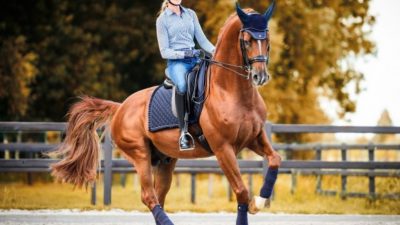
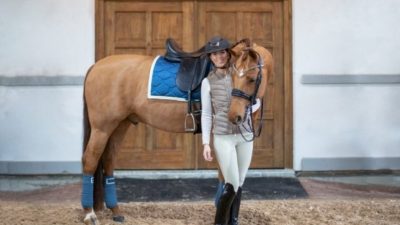
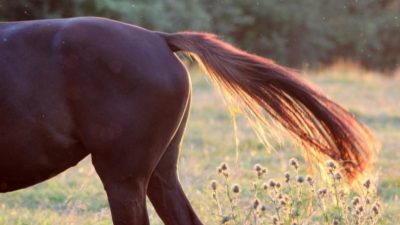


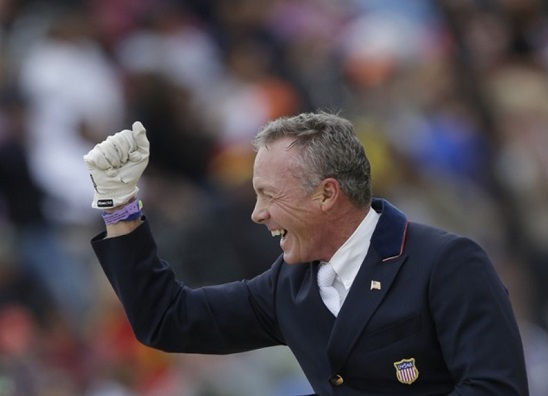






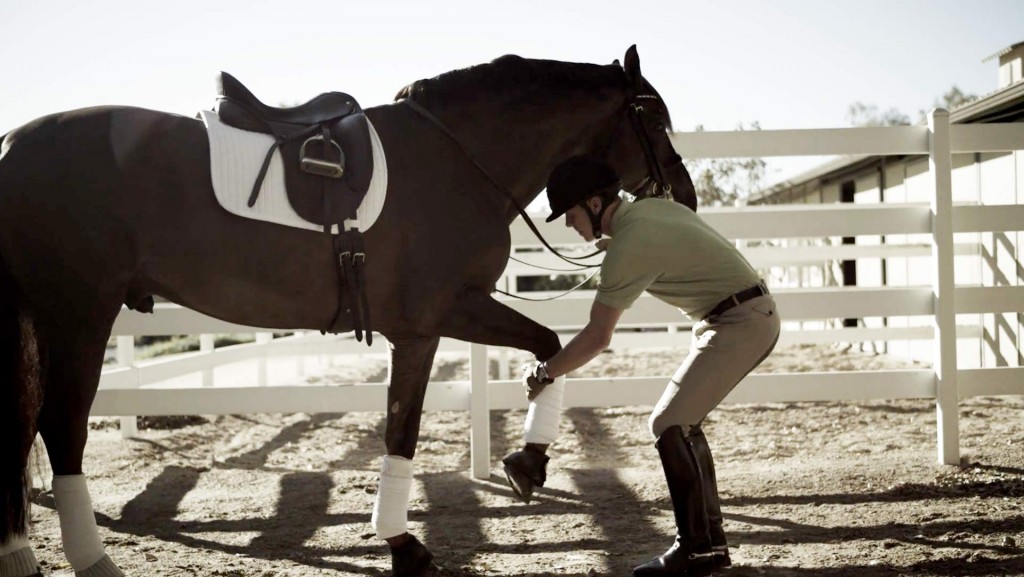

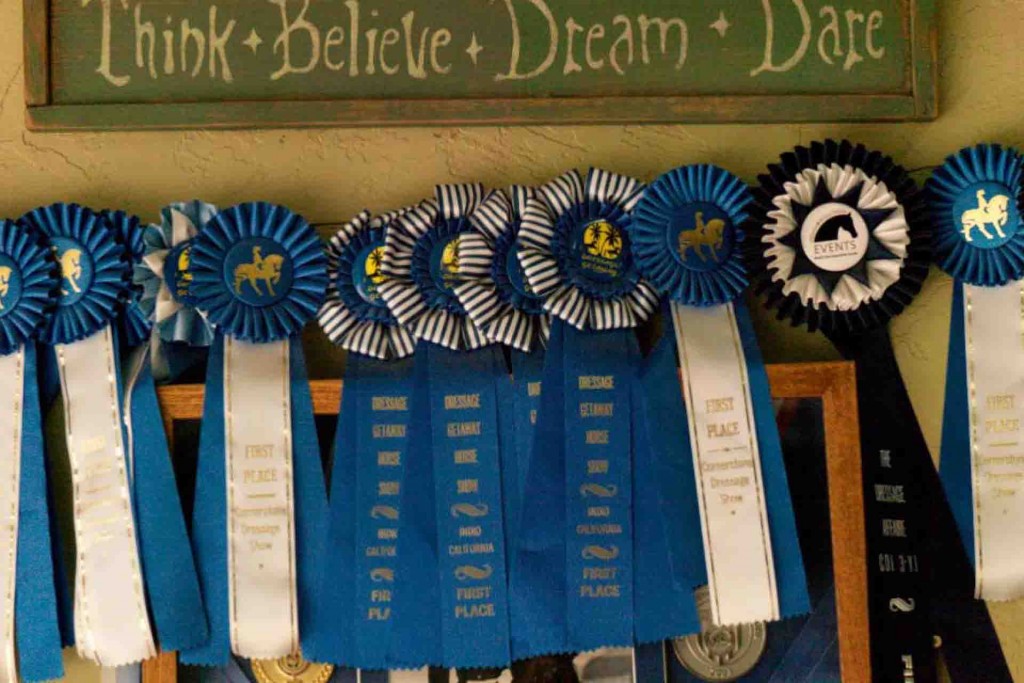
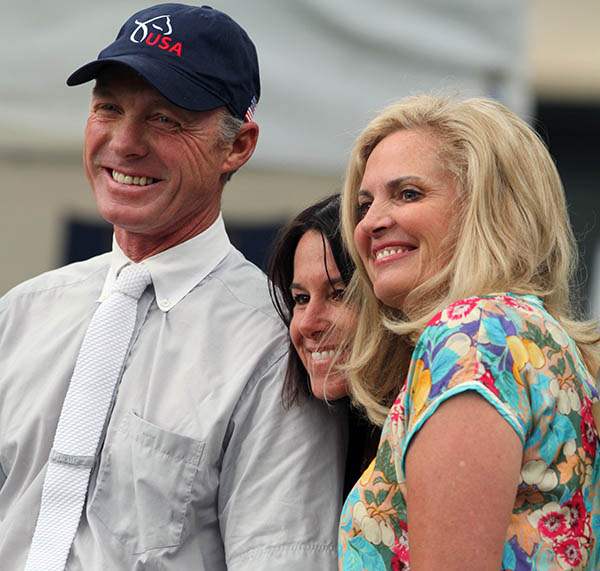
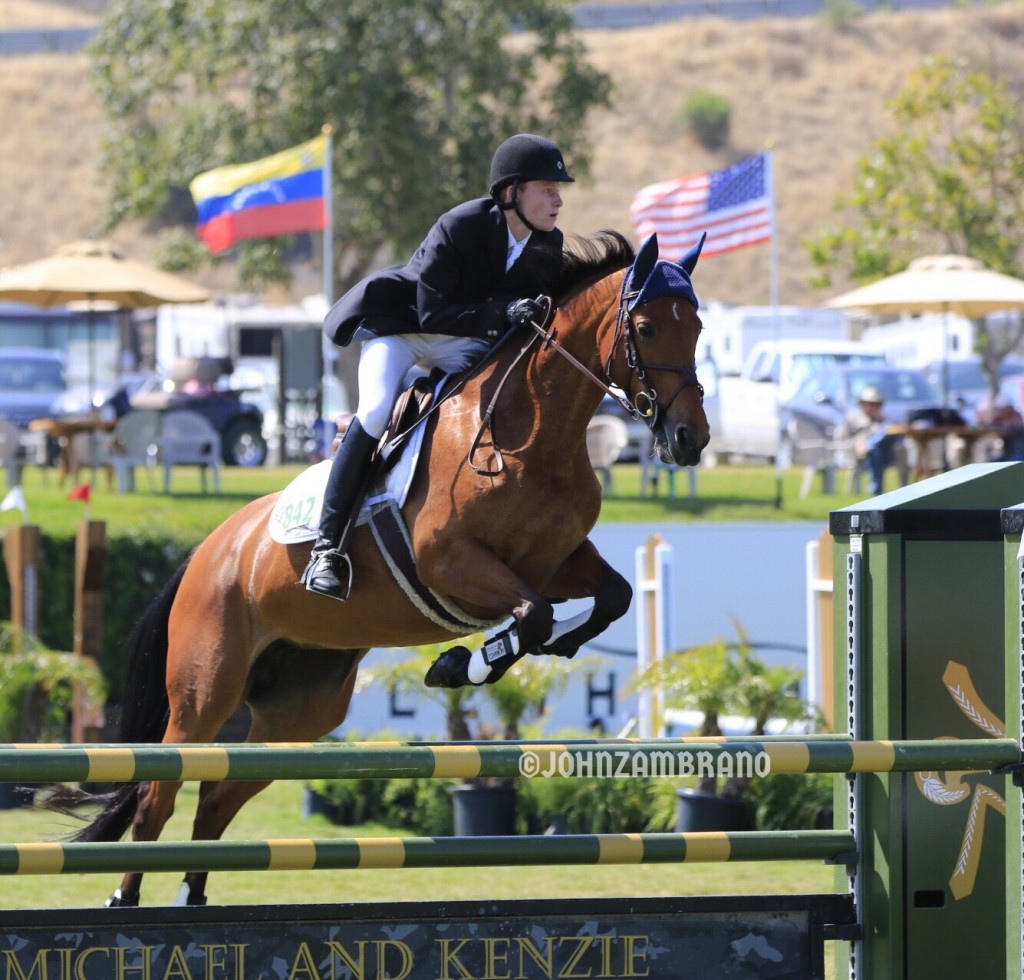
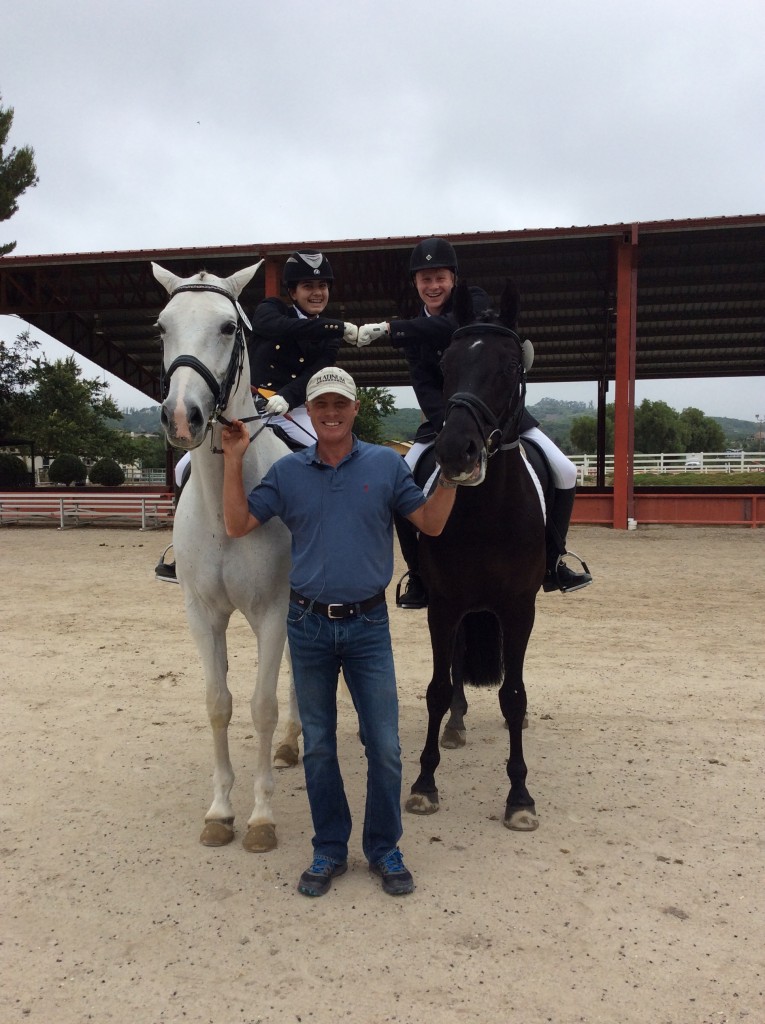
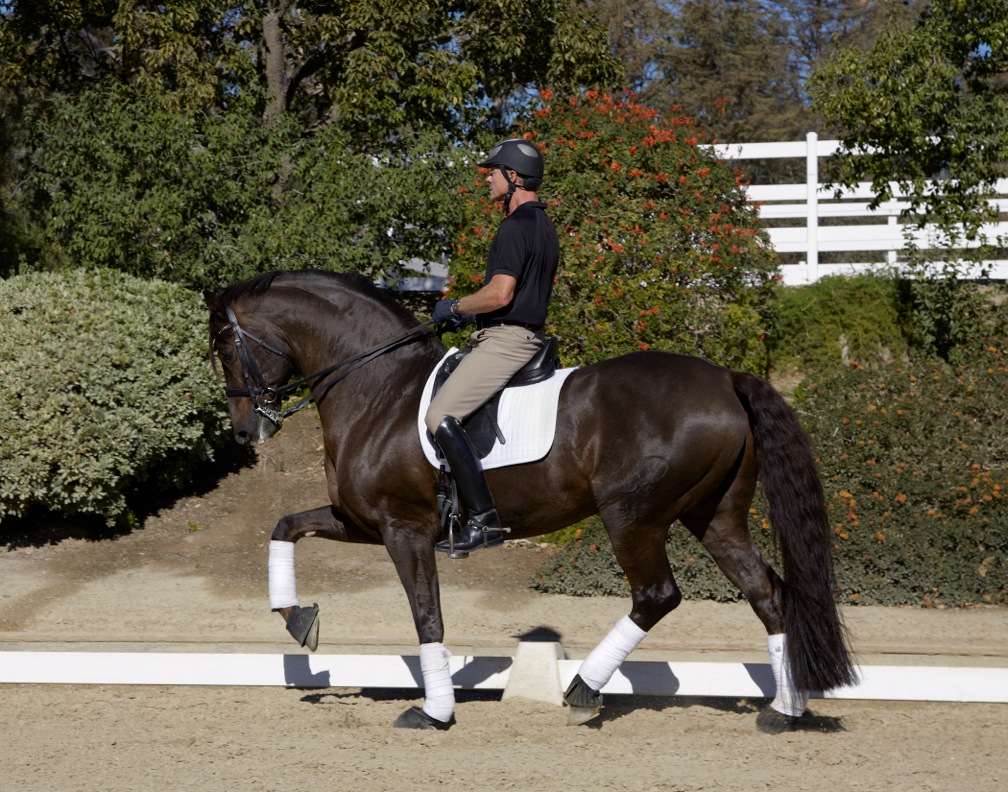

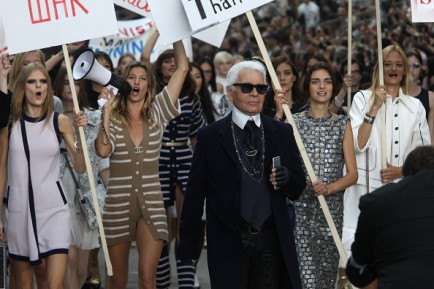
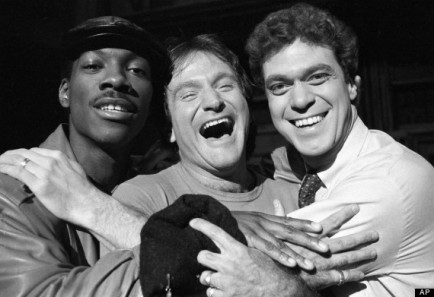
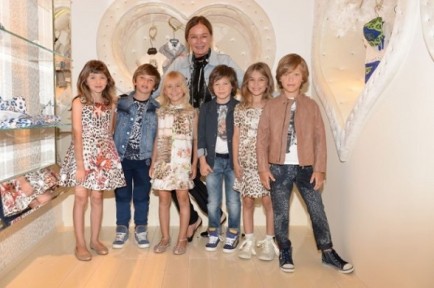
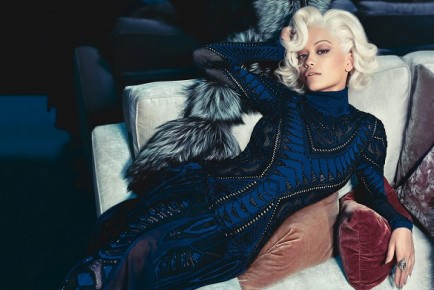
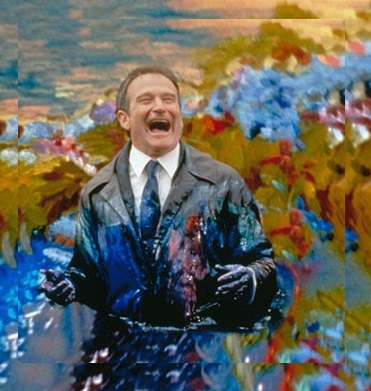
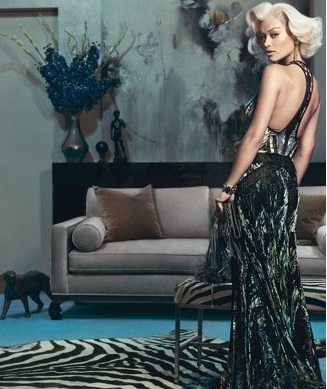
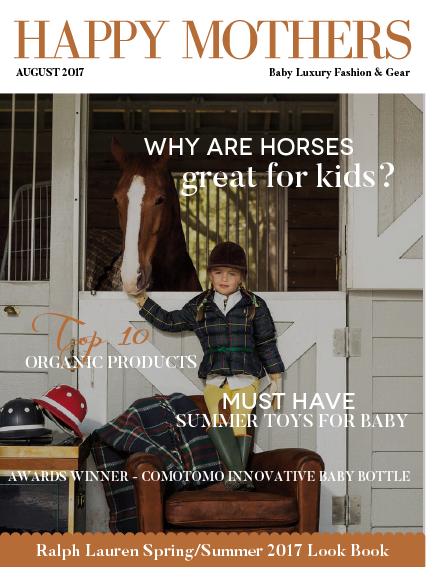
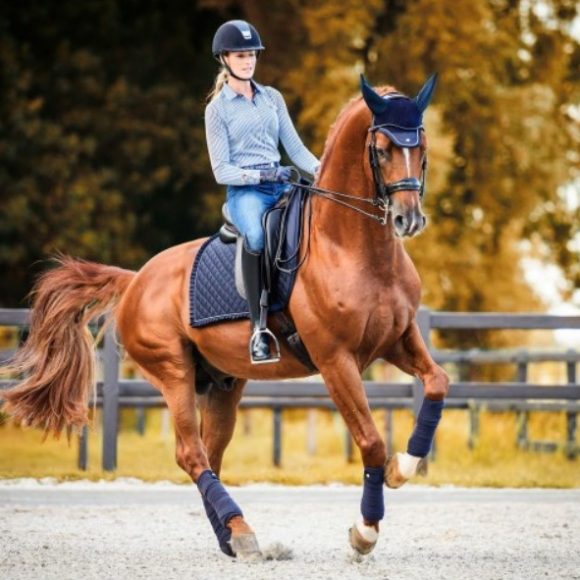
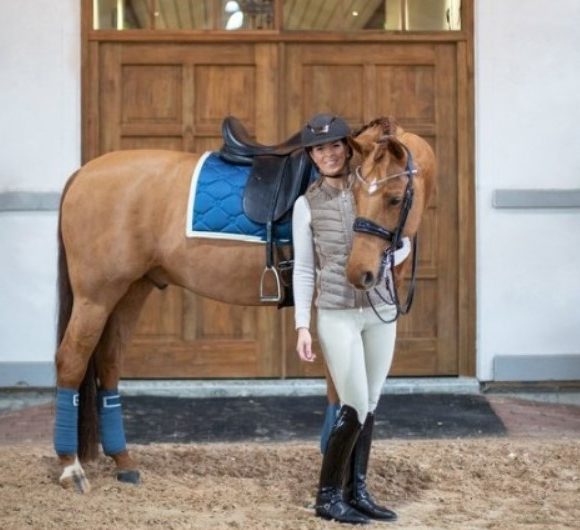
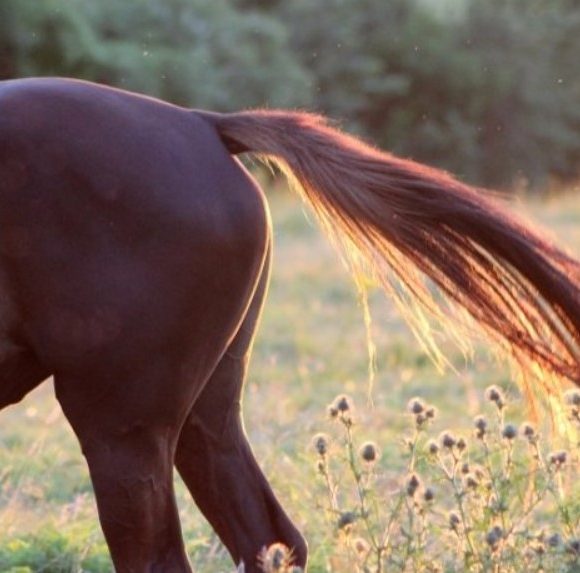
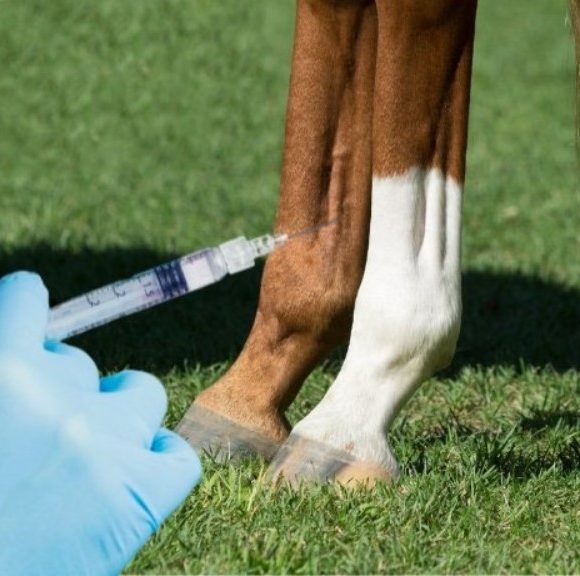
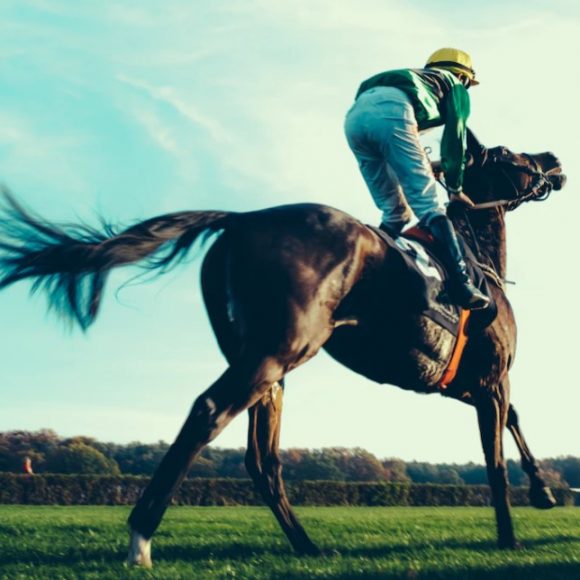
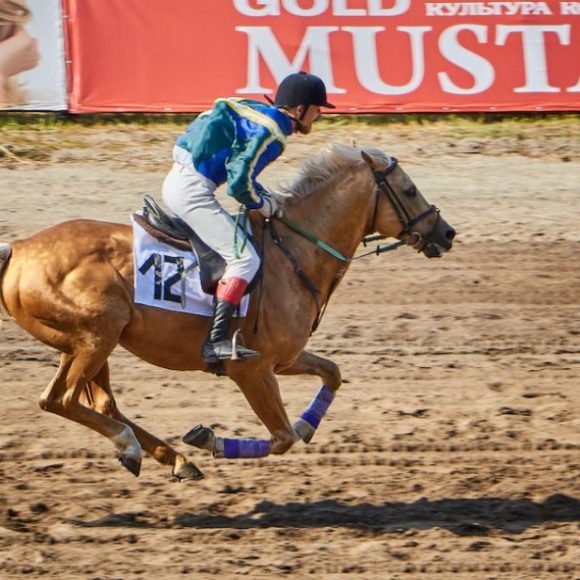

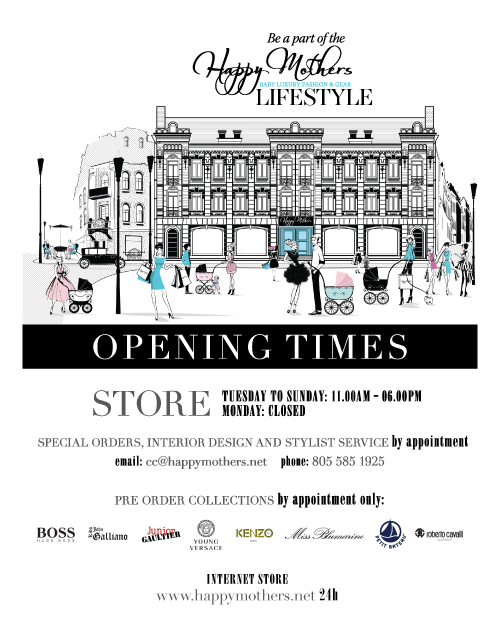
Comments